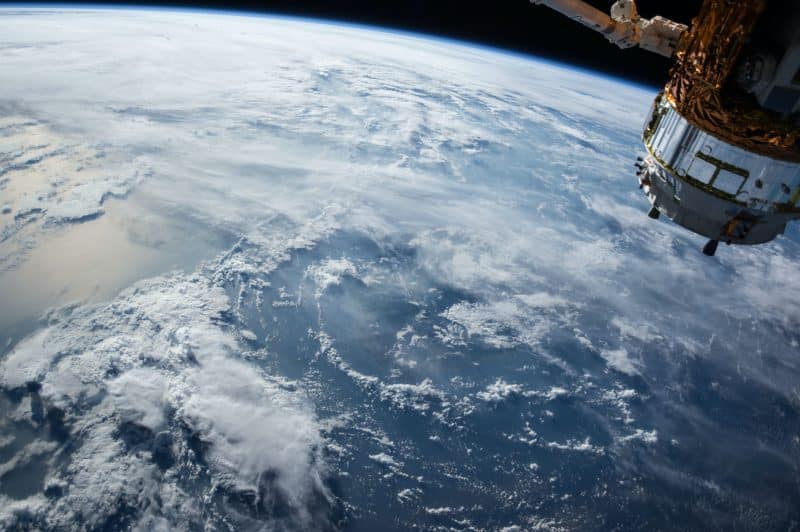In ensuring the success and safety of missions, devices for ground support (MGSE) play a crucial role even before the launch. Their operation primarily protects against faults occurring in space equipment, thereby limiting the risk of financial losses and disruption in ongoing research. Many of these devices are made in our country, by companies such as Sener, who create MGSE sets at their Warsaw branch for the needs of the European Space Agency missions, including: Euclid, Comet Interceptor, and most recently – FORUM mission.
Mechanical Ground Support Equipment (MGSE) are specialized ground-based devices that support and supervise space missions, from the preparation stage on Earth until the successful completion of the task in outer space. They include, among others, transportation equipment, containers, test adapters, or stabilizing frames, which boast impressive size and weight of even several dozen tons. MGSE are used for a range of essential activities, such as testing, transportation, and assembling space equipment before it is launched into space. This allows for the optimization of equipment parameters and identification of potential problems still on Earth, thereby reducing the risk of mission failure.
Often we focus on technologically advanced mechanisms that are sent into space, but equally important are those that provide support during all ground operations. Strict testing procedures, precise integration of space equipment and satellites, and ensuring safe transport of delicate parts, both within production halls and between various testing and integration locations worldwide. All this contributes to the later operation of satellites and the instruments onboard in outer space, minimizing the risk and potential losses. The development of space competencies and technologies would not be possible without advanced MGSE equipment – says Jakub Pierzchała, Business Development Manager at Sener’s Polish branch.
Polish Specialization
MGSE are one of the key specializations of the Polish space sector. One representative is Sener, whose engineers have worked on the Euclid mission, where they were responsible for designing, manufacturing, and testing a set of 13 mechanisms for ground support devices assisting in the assembly of the Euclid satellite. This was the largest set of this type produced completely in Poland so far. Currently, the company is working on delivering a new, record-breaking set of 15 MGSE devices for the Comet Interceptor mission planned for 2029, aimed at studying comets and other objects from the Solar System approaching the Sun for the first time. They are also acquiring brand new contracts, including for the ESA FORUM mission.
Studying Climate Change from Space
As part of the FORUM project, Polish engineers from Sener will manufacture four MGSE devices, which will be used for the integration and testing of the optical instrument. These are the Instrument Integration Frame, the Instrument Lifting Device, the Thermal-Vacuum Fixture, and the Mechanical Test Adapter. The first part of the project will end in July and the second in October 2024. The project is managed by OHB DE.
In the context of the FORUM mission, where the accuracy of radiation measurements is crucial for project success, and high cleanliness requirements for MGSE devices are extremely important, MGSE also play a vital role in adapting the entire equipment to demanding and advanced standards imposed by OHB and ESA.
We have adapted the mechanisms to the ISO-5 standard, a standard related to air cleanliness, which imposes very strict requirements on the number of microscopic particles, such as dust or grit, that can be present in the air. In practice, maintaining such cleanliness means minimizing potential contaminants, which is crucial in complicated measurement processes and obtaining the highest quality data. This, in turn, translates into a better understanding of the impact of greenhouse gases on climate, making a fundamental contribution to global atmospheric research and climate change – emphasizes Przemysław Rudziński, Project Manager for the FORUM project at Sener’s Polish branch.
FORUM (Far-infrared Outgoing Radiation Understanding and Monitoring) is the ninth mission of the European Space Agency’s (ESA) Earth Explorer program, aimed at measuring infrared radiation emitted by the Earth in the far-infrared range. The mission’s goal is to understand the greenhouse effect, improve the accuracy of climate change assessments, and support policy decisions related to environmental protection.
